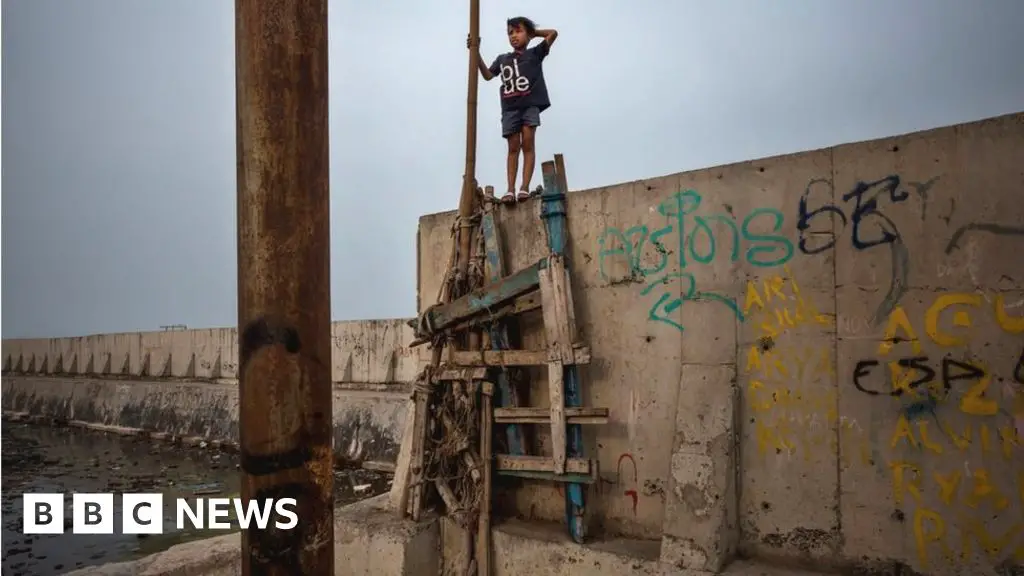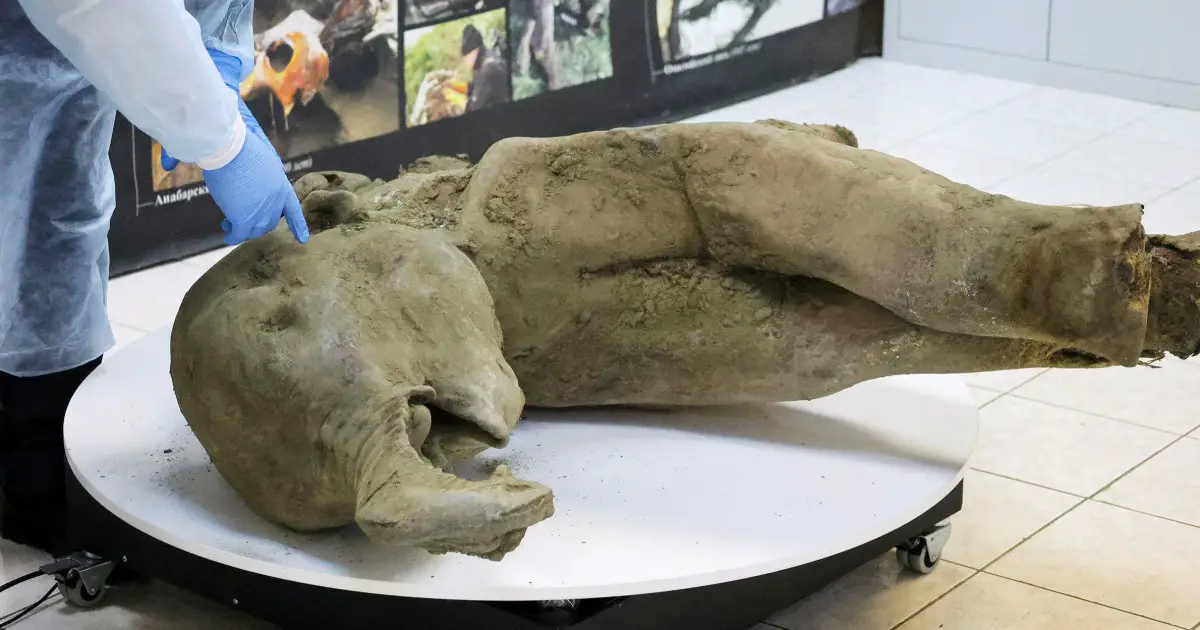
Money for climate action broadly falls into three buckets:
Loss and damage
Two years ago, at COP27, world leaders agreed for the first time to establish a loss and damage fund.
This money is to help developing countries recover from the effects of climate change they are already suffering.
For example, in the past 12 months alone the developing world has experienced severe climate-related crises – from flooding in Myanmar to ongoing drought in East Africa.
It took decades to get this fund established because developed nations were wary of framing the payments as reparations and accepting liability for climate change on these terms.
Developing nations would like the new finance target to have sub goals where money is set aside for loss and damage and adapting to climate change – which historically has received a third of the funding of mitigation.
Mitigation
This is money to help developing nations move away from fossil fuels and other polluting activities. This is where most money has been given to date because it can often be profitable.
Many countries still have coal power stations that are yet to reach the ends of their lives. They need support to switch to clean energy, such as solar farms.
Adaptation
This is money to help developing nations prepare for the worst effects of climate change.
It is different to loss and damage as it is focused on the future.
The needs vary depending where in the world the country is, but may include:






